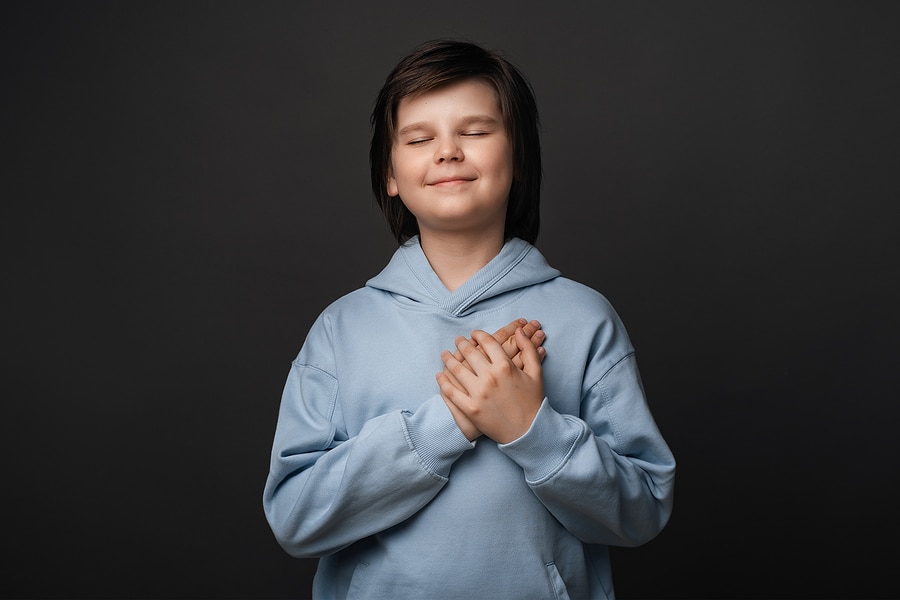Fostering Gratitude in Youth During Difficult Times
Holidays can be difficult for many people, including children, youth, and individuals with intellectual and developmental disabilities (I/DD) who are in foster care. Gratitude is a valuable tool to help turn perspectives around, build mental resilience, and increase positive emotions. As foster parents through RISE Services, Inc. Idaho, you can help foster youth strengthen their gratitude muscles and build a mindset of thankfulness when being grateful does not come easy.

Gratitude Is a Life Skill
Gratitude, or being thankful, is a learned mindset or attitude. It’s not something we automatically have but a perspective that must be cultivated. It involves being thankful for, appreciating, or recognizing the good in your life. This crucial life skill helps us recognize what is going well in our lives rather than focusing on what we don’t like about our circumstances. While we often face difficult situations, practicing gratitude can keep our attitudes in check and help us focus on what we have rather than what we lack.
Gratitude Changes Our Perspective
Most of us know how important gratitude is, but we don’t understand why it’s important. Research has shown that gratitude can lead us to experience more positive emotions like happiness and contentment and ward off frustrating feelings such as hopelessness and discouragement. It changes our perspective by helping us remain hopeful and open to new possibilities. Gratitude also:
- Makes way for positive thoughts on days that are difficult
- Helps people see the good in their lives when all seems wrong
- Makes others feel better when you thank them for something they did
- Strengthens relationships and brings loved ones closer together
Build a Habit of Gratitude
Building this essential life skill isn’t always easy, but it can be done. Here are a few ways to help your family develop a habit of gratitude:
- Teach them how to say thank you to others. Be sure to model it for them and have them thank others often.
- Practice gratitude for simple things throughout your day, such as being thankful for the warm sun or for teachers who help with homework.
- Celebrate gratitude regularly. Choose a specific time or day of the week when the whole family names one thing they are grateful for. Do this on the way to school, running errands, or around the dinner table.
- Start a gratitude jar. Throughout the week, members of your family write down various things they’re thankful for and place them in the jar. Then, one day each week, your family can read them together.
Providing Healthy, Stable Homes for Idaho Foster Youth
RISE Idaho offers treatment foster care services for youth and adolescents with behavioral, emotional, or medical needs. We train and license foster parents who provide safe and healthy homes for these youth as they wait to be reunited with their biological families. For youth or young adults ages 14 – 21 who are close to aging out of foster care, RISE offers independent living programs that help young people build essential life skills and lead successful and independent lives. Contact RISE Idaho today to learn more.
Source: “Practicing Gratitude Can Benefit Kids’ Mental Health.” Web article. CHOC. Children’s Hospital of Orange County, 09 Oct. 2023. Web. 16 Nov. 2023.


